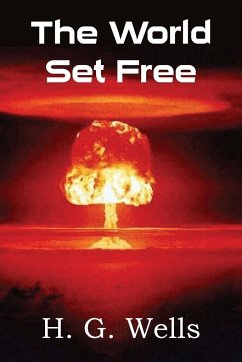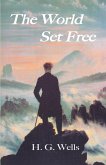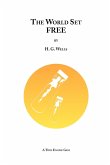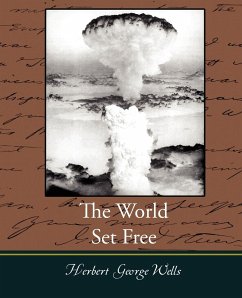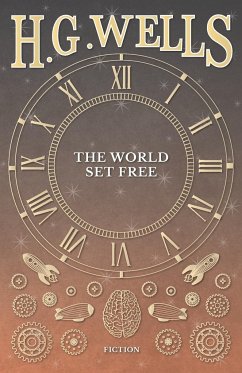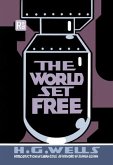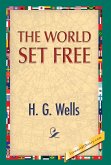The World Set Free is an H. G. Wells novel considered to foretell nuclear weapons. The World Set Free was written under the immediate shadow of the Great War. Every intelligent person in the world felt that disaster was impending and knew no way of averting it. If world peace is to be attained through labour internationalism, it will have to be attained at the price of the completest social and economic reconstruction and by passing through a phase of revolution that will certainly be violent, that may be very bloody, which may be prolonged through a long period, and may in the end fail to achieve anything but social destruction. Nevertheless, the fact remains that it is in the labour class, and the labour class alone, that any conception of a world rule and a world peace has so far appeared. The dream of The World Set Free, a dream of highly educated and highly favoured leading and ruling men, voluntarily setting themselves to the task of reshaping the world, has thus far remained a dream.
Hinweis: Dieser Artikel kann nur an eine deutsche Lieferadresse ausgeliefert werden.
Hinweis: Dieser Artikel kann nur an eine deutsche Lieferadresse ausgeliefert werden.

